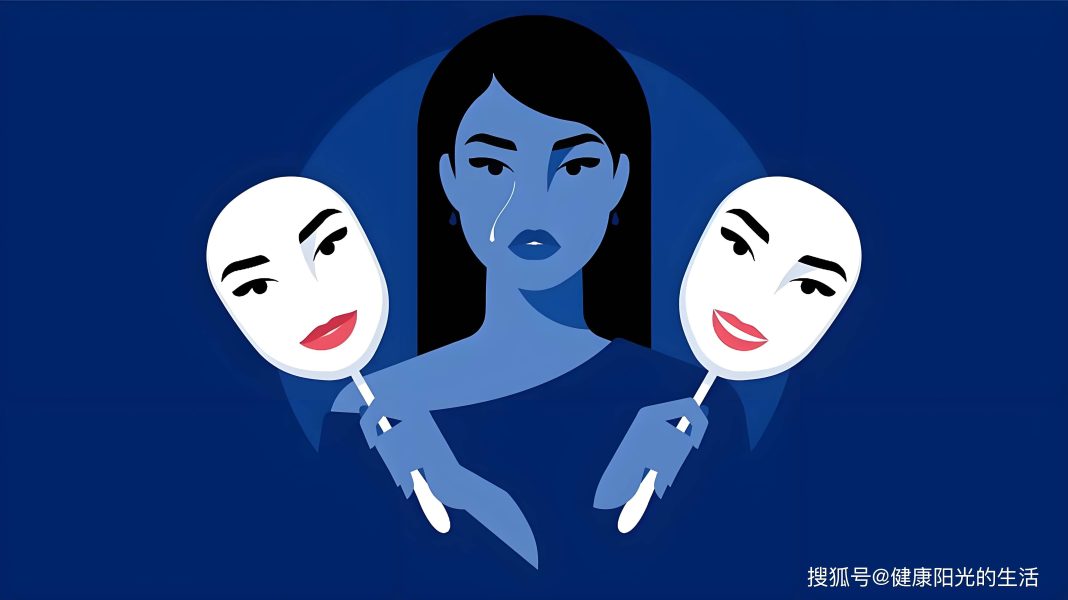In modern society, mental health issues are receiving increasing attention. However, many people still harbor misunderstandings and biases when faced with certain professional terminology. Bipolar disorder is one such example. Many people ask, “Is bipolar disorder a mental illness?” To answer this question, we need to understand the illness from a scientific perspective and contemplate its impact on patients and those around them from a humanistic angle.
What is bipolar disorder?
Bipolar disorder, also known as manic-depressive disorder, is a psychological condition characterized by mood swings. Patients experience fluctuations between mania and depression, which may manifest as a period of extreme euphoria, high energy, and overwhelming confidence, followed by a state of low mood, exhaustion, and hopelessness. Such emotional ups and downs not only cause distress to the patient but may also affect their social life, work, and daily living.
However, it is essential to clarify one point: bipolar disorder is different from what we commonly understand as a “mental illness.” Mental illness typically refers to severe psychological disorders, such as schizophrenia, where patients may experience hallucinations, delusions, and have difficulty distinguishing reality from imagination. In contrast, bipolar disorder is more about difficulties in emotional regulation, where patients experience drastic changes in mood while remaining fully aware.
The difference between bipolar disorder and mental illness
Mixing bipolar disorder with mental illness is not only unscientific but may also place an additional psychological burden on patients. In the minds of many, “mental illness” is often associated with danger, loss of control, and incurable conditions. However, patients with bipolar disorder are not “out of control”; they simply experience significant mood fluctuations and require professional help to maintain emotional balance.
In fact, patients with bipolar disorder can work, study, and live like ordinary people when their emotions are stable. They may possess high levels of creativity and productivity, excelling in various fields. For instance, the famous writer Virginia Woolf and the composer Ludwig van Beethoven are often believed to have had bipolar disorder, yet this did not hinder their remarkable achievements in their respective fields.
Facing the prejudice against bipolar disorder
Despite this, societal prejudice against bipolar disorder still exists. This bias stems not only from a lack of understanding of the illness but also from fear and avoidance of mental health issues. Many individuals avoid seeking help for fear of being labeled as “mentally ill,” and even choose to conceal their condition. Such behavior often exacerbates their condition, ultimately causing greater harm to the patients and their families.
To break this prejudice, we require more public education and discussions. Bipolar disorder does not mean that a person has lost their sanity, nor does it mean they cannot lead a normal life. On the contrary, many patients, after receiving treatment, can effectively manage their emotions and achieve success in life.
How to help patients with bipolar disorder?
If you have someone with bipolar disorder around you, the most important thing is to offer them understanding and support rather than discrimination and alienation. First, respect their emotional fluctuations, understand their pain, and provide help when needed. Next, encourage them to seek professional medical help, including regular psychological counseling and medication, which are crucial for managing their condition.
Treatment for bipolar disorder usually includes medication, psychotherapy, and lifestyle adjustments. Medication can help stabilize patients’ emotions, while psychotherapy can assist them in understanding and managing their feelings. Lifestyle adjustments can help reduce factors that trigger mood swings. For example, maintaining a regular sleep schedule, eating healthily, exercising moderately, and having a strong social support system are all essential factors in helping patients maintain emotional stability.
Bipolar disorder is not a “mental illness.”
In summary, although bipolar disorder is a serious psychological condition, it is not a “mental illness.” Confusing it with mental illness is not only unscientific but may also lead to misunderstandings and discrimination against patients. We should adopt a more inclusive and understanding attitude towards individuals with bipolar disorder, helping them overcome difficulties and lead normal, happy lives.


